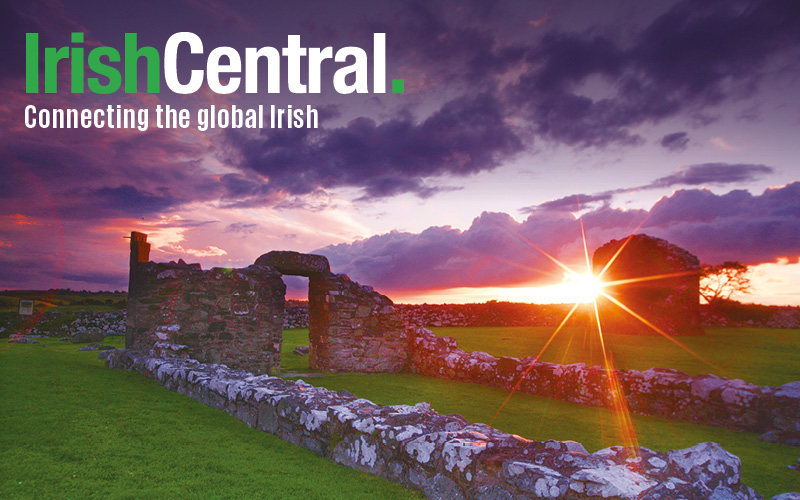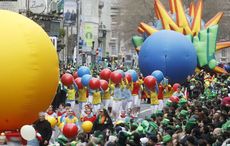City officials in Savannah, Georgia, announced on Thursday that snakes will not be permitted in public at the city’s upcoming St. Patrick’s Day festivities. Savanah is considered the second largest parade after New York in the US with up to 500,000 expected on March 17th for the three-hour festivities.
Officials anticipate revellers to be particularly rowdy with this year’s holiday falling on a Saturday, and do not foresee mixing drinking and snakes as a good plan.
Savannah Now reports that Marty Johnston, Savannah’s acting assistant city manager, declared that, “If it has scales and is cold-blooded, you cannot bring it.” Over the past few years, “three or four men” have been seen displaying pythons and other snakes during the festival.
Sidebar discussions on the decision included whether or not the actual ban was legal, and whether or not the ban was an indirect offense to St. Patrick himself who, according to legend, drove the snakes out of Ireland.
____________
Read More:
More St. Patrick's Day stories on IrishCentral
San Antonio St. Patrick’s Day Parade cancelled after 44 years - VIDEO
Hoboken, NJ, cancels St. Patrick’s Day Parade after 26 years - POLL
____________
Ultimately, though, the city officials stuck with their decision, purely out of the interest of safety for those celebrating on St. Patrick’s Day,
“You put people under the influence with a potentially dangerous animal and you could have a problem,” said Thaddaus Depper, a manager at Exotic Underworld pet store.
“That animal could potentially harm someone severely,” added Depper.
Similarly, the atmosphere may not be healthy for the snakes either, with amateurs handling them and dealing with March’s cooler temperatures.
However, not all agree with the imposed ban. Brian Nettles, owner of Cold Blood Adventures, which does reptile shows for parties and other events, thinks that well-socialized snakes should be permitted.
“If somebody wants to bring out their giant Great Dane to show it off, why can’t (a snake owner) show it off?” Nettles asked. “That is a public place. Public people should be able to do public things.”




Comments